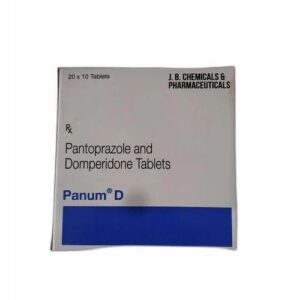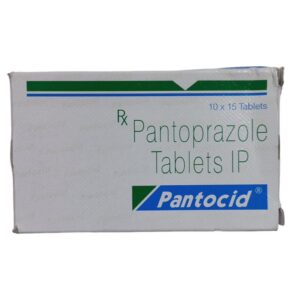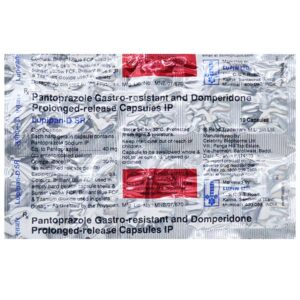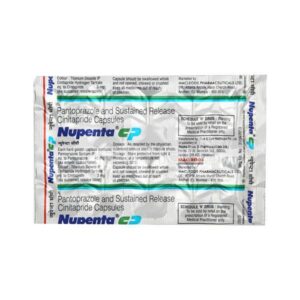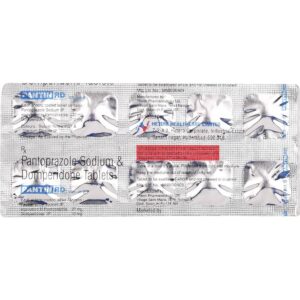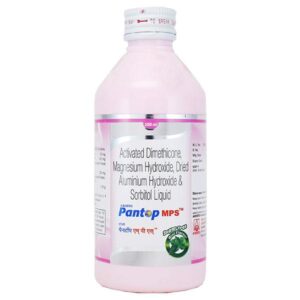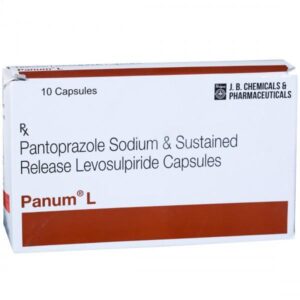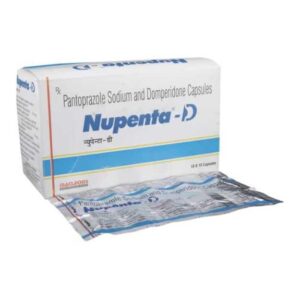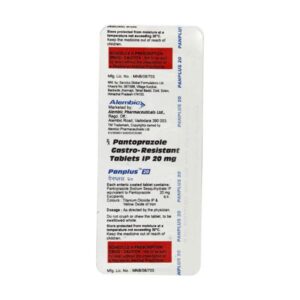PANTOPRAZOLE
PANTOPRAZOLE: Pantoprazole is a drug that belongs to the class of medications called proton pump inhibitors (PPIs). It is primarily used for the treatment of conditions such as gastroesophageal reflux disease (GERD), gastric ulcers, and duodenal ulcers.
The mechanism of action of pantoprazole involves inhibiting the secretion of acid in the stomach by selectively blocking the proton pumps found in the gastric parietal cells. By reducing the production of stomach acid, pantoprazole helps in relieving symptoms like heartburn, indigestion, and acid reflux.
The recommended dose of pantoprazole may vary depending on the specific condition being treated. In adult patients, the usual dose for GERD is 40 mg once daily for up to 8 weeks. For gastric and duodenal ulcers, the recommended dose is 40 mg once daily for 4 to 8 weeks. Pantoprazole can be taken with or without food, and it is advisable to take it at the same time each day for the best results.
Common side effects of pantoprazole may include headache, diarrhea, nausea, abdominal pain, and dizziness. These side effects are generally mild and temporary. However, if any severe side effects occur, such as severe stomach pain, persistent diarrhea, or signs of an allergic reaction (e.g., rash, itching, swelling), it is important to seek medical attention immediately.
It is worth noting that pantoprazole may interact with certain medications, including warfarin, digoxin, and some HIV medications. Therefore, it is crucial to inform the healthcare provider about all the medications, supplements, or herbal products being used before starting pantoprazole.
Overall, pantoprazole is an effective medication for managing acid-related conditions, and it is essential to follow the prescribed dose and instructions provided by the healthcare professional while using this drug.

